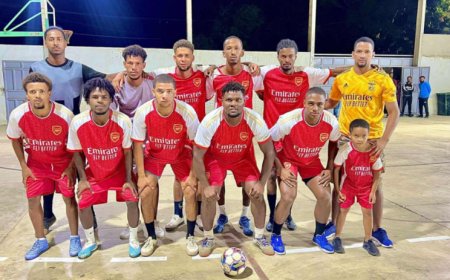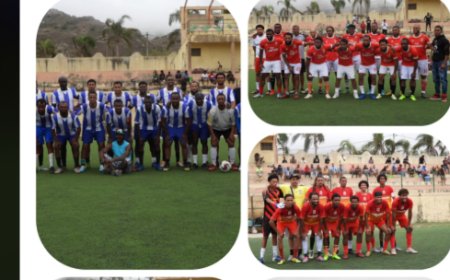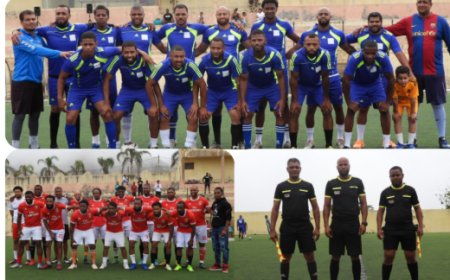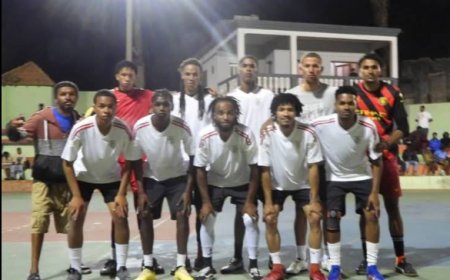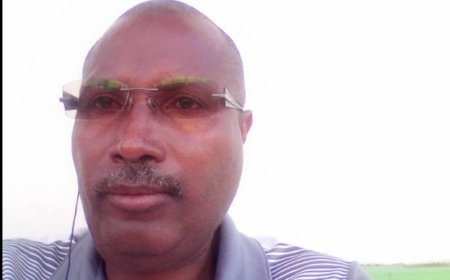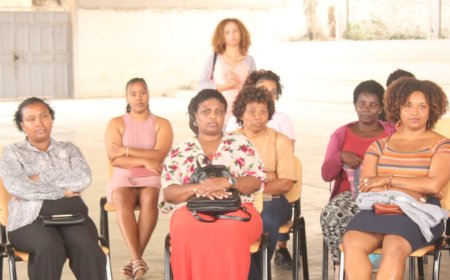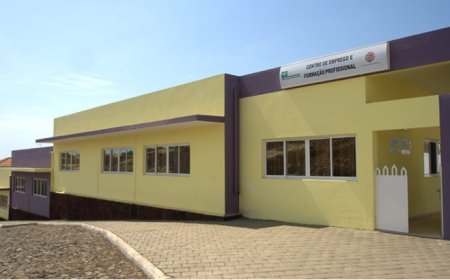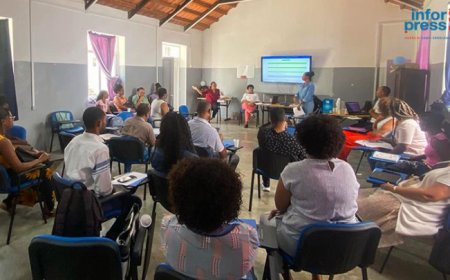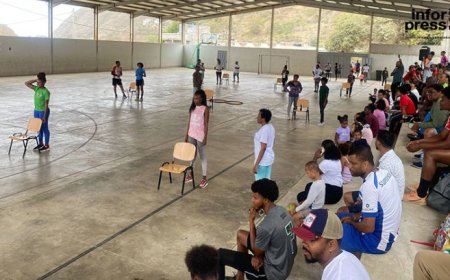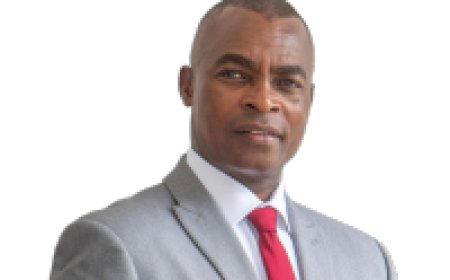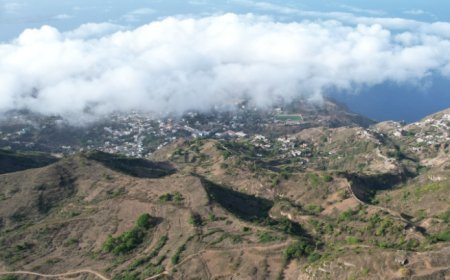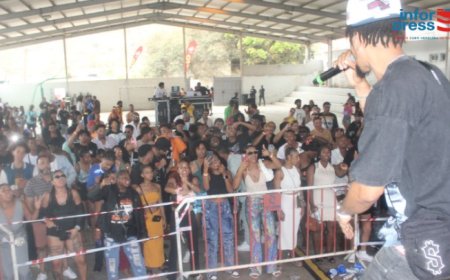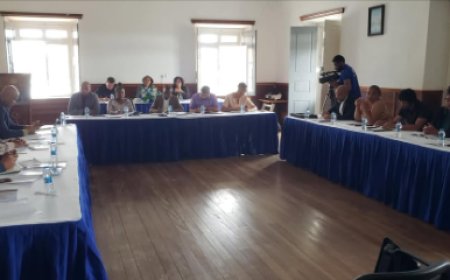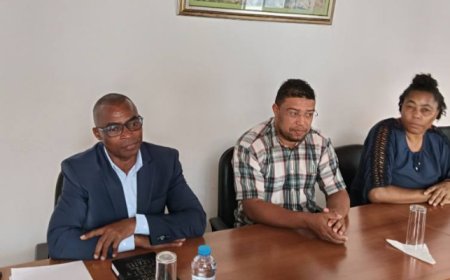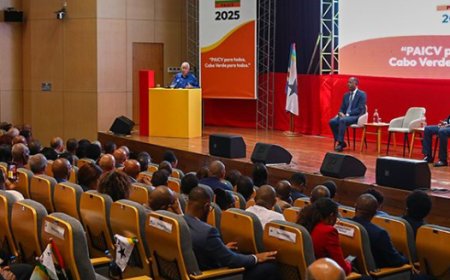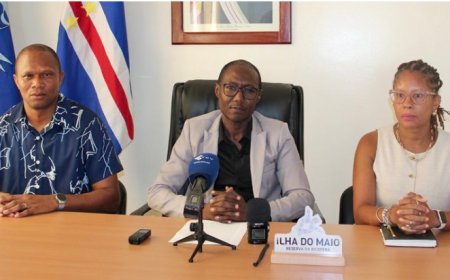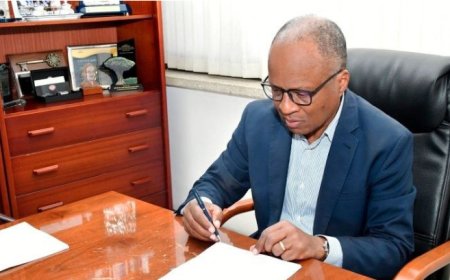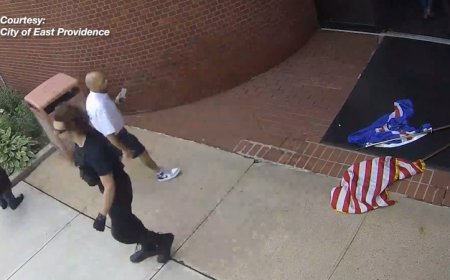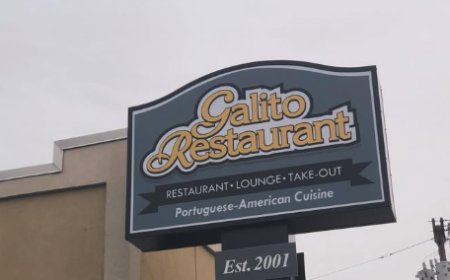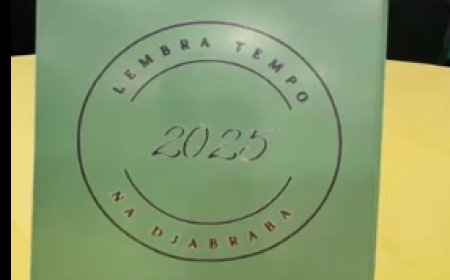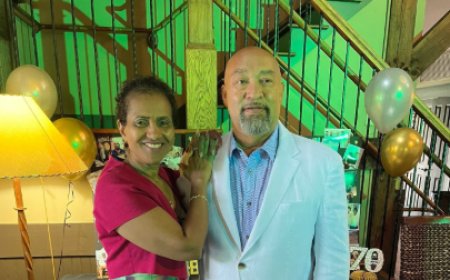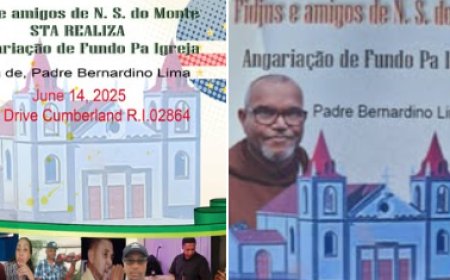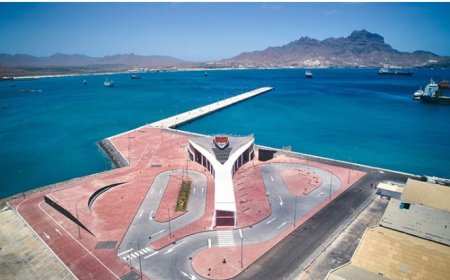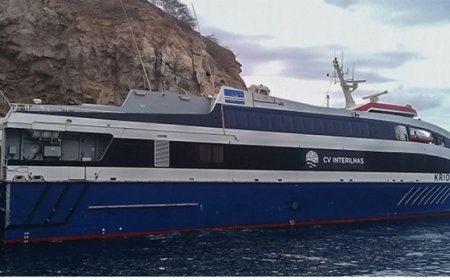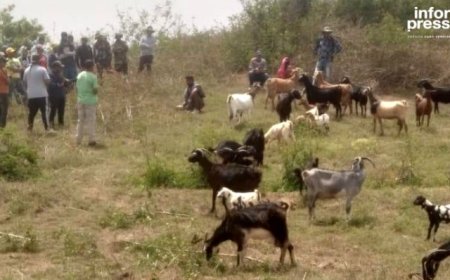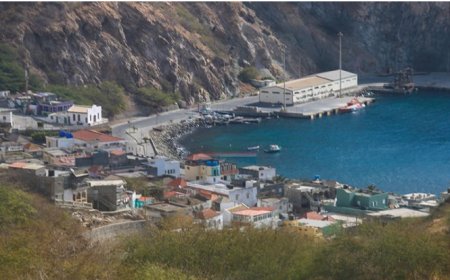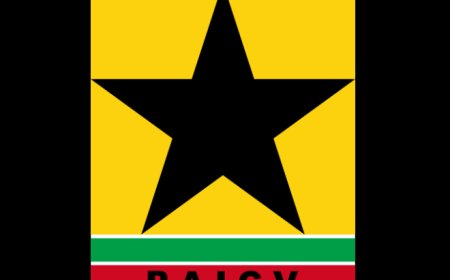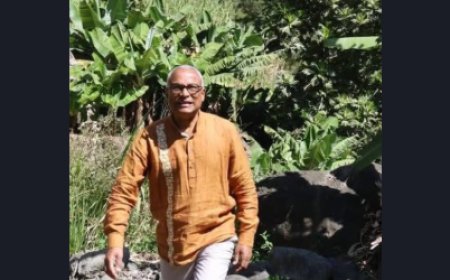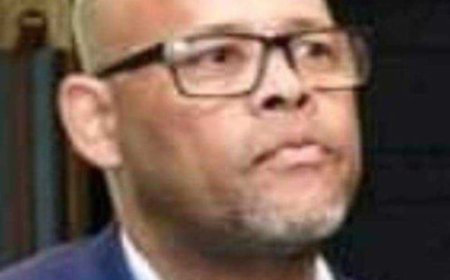Brava Island - The cautious beauty of a community on the fringes of criticism
(...) Brava Island, located at the southern tip of the Cape Verde archipelago, is known for its natural beauty and the strong cohesion of its community. However, behind the idyllic landscapes and peaceful life, there is a complex and difficult reality for many of its inhabitants. The social and political environment of the island is marked by a series of challenges, where freedom of expression is limited and criticism is discouraged.
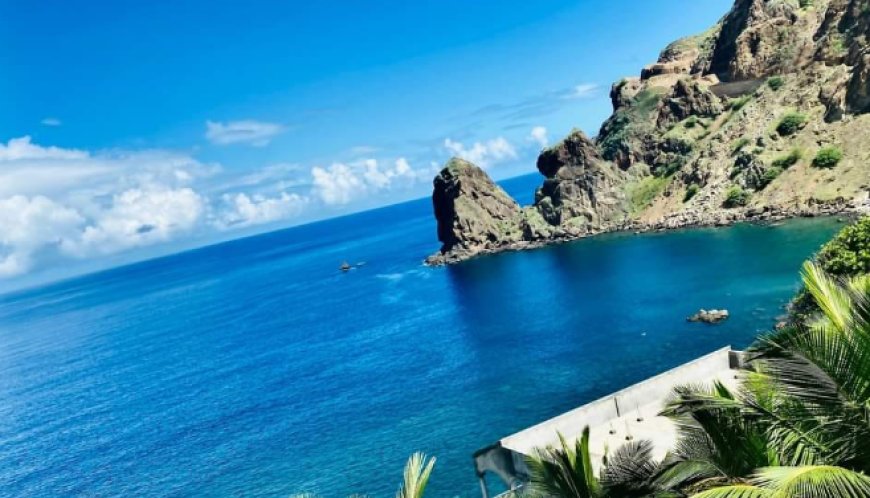
Brava Island is the smallest of the inhabited islands of Cape Verde, located in the Atlantic Ocean. It is famous for its stunning landscapes, lush green mountains and natural environment that make it a unique tourist destination. However, the island’s natural beauty contrasts sharply with the hardships its residents face.
The economy of Brava Island is predominantly agricultural and fishing, with the majority of the population engaged in traditional activities. The island's infrastructure is limited, and the lack of adequate resources and services, such as health and education, poses a constant challenge to the community. Economic problems are exacerbated by social and political issues that affect the daily lives of the inhabitants.
Despite serious difficulties in many areas, a notable feature of life on Brava Island is the atmosphere of fear and self-censorship that permeates social and professional interactions. Many residents feel constrained in expressing critical opinions about the local administration, living conditions or government policies. This phenomenon is often described as the “cork law”, where freedom of expression is restricted for fear of reprisals.
Fear of reprisals manifests itself in many ways. Many residents fear losing their jobs or facing moral harassment if they dare to criticize local management or express dissatisfaction with the economic and social situation. This environment of censorship and silence is maintained by a system that promotes conformity and discourages dissent.
One of the main mechanisms of social control on Brava Island is the fear of losing one’s job. In an economy with few job opportunities and a high dependence on the public sector and small local businesses, job security is a constant concern. The threat of dismissal is a powerful tool to silence critical voices. Public servants and workers in micro-enterprises, knowing that their criticism could result in job loss, often avoid expressing opinions that could be interpreted as subversive.
In addition to the threat of dismissal, many residents face bullying from superiors or authority figures. Bullying is used as a way to control and punish those who deviate from expected norms. The fear of criticism or retaliation contributes to an environment where silence is the norm and criticism is seen as an unacceptable risk.
The lack of effective mechanisms to report abuses and injustices is a critical issue on Brava Island. Without safe and reliable channels to report problems, people often feel powerless and hopeless for change. The lack of transparency and the absence of an independent justice system contribute to the perpetuation of injustices and repression.
Despite the difficulties and limitations imposed by the social and political environment, the community of Brava Island demonstrates remarkable resilience. The inhabitants of the island, despite their limitations, find ways to support each other and maintain social cohesion.
In order for the situation on Brava Island to improve, it is necessary to address the structural and social issues that contribute to the environment of censorship and fear. It is essential to promote the creation of safe and effective reporting channels, as well as to strengthen transparency and accountability in local institutions. Education and awareness-raising also play a crucial role in fostering a culture of freedom of expression and respect for human rights.
Furthermore, it is important to support initiatives that seek to improve the economic and social conditions of the island. Investing in infrastructure, promoting sustainable economic development and ensuring better working conditions are essential steps to create an environment where residents can express themselves freely and actively participate in public life.
Brava Island is a microcosm of the complexities faced by many communities around the world, where natural beauty contrasts with social and economic hardship. The “cork law” that prevails on the island is a reflection of broader challenges related to freedom of expression and social justice. However, the community’s resilience and desire for change offer hope for a future where residents can live in a more just and free environment. Social transformation and the promotion of freedom of expression are essential to ensuring that Brava Island can flourish not only in beauty, but also in dignity and justice for all its residents.
MS





